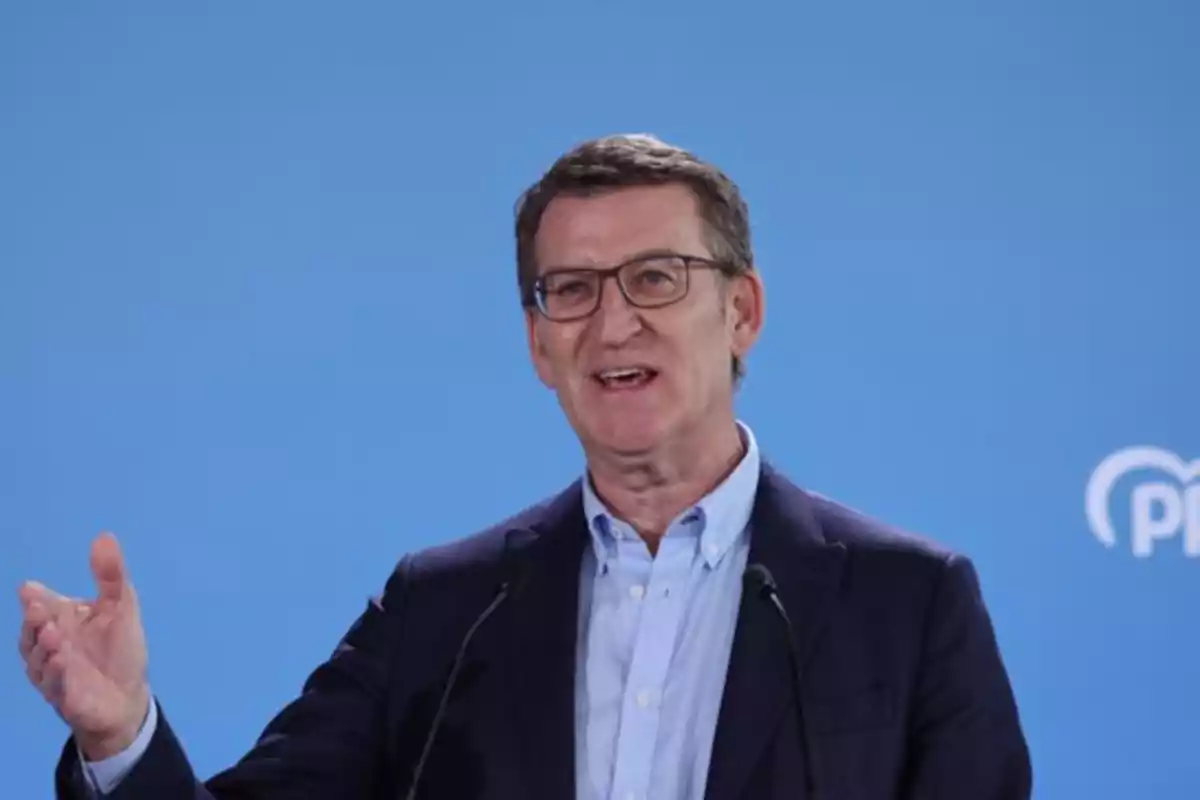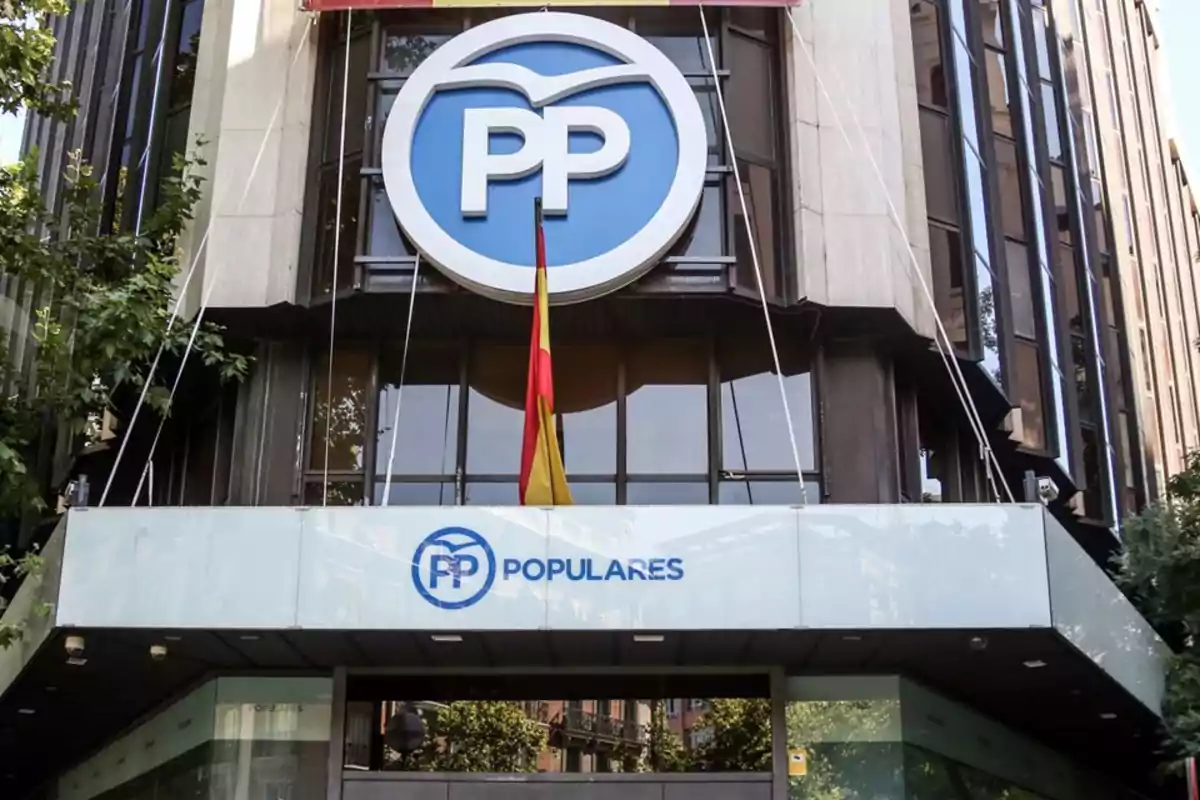
PP Congress called by Feijóo could compromise Gamarra, Bravo, and Mazón
The 'populares' will redefine their ideology, strategy, and organizational chart on July 5 and 6 in Madrid
Amid the controversy over the messages exchanged between President Pedro Sánchez and the former socialist number 2 José Luis Ábalos, the People's Party has announced that it will hold its 21st National Congress on July 5 and 6, 2025, in Madrid. The extraordinary call is moved up nine months from the planned schedule.
The decision, announced by the party's president, Alberto Núñez Feijóo, aims to reposition the PP ahead of an intense electoral cycle that will begin in 2026. The party's intention is to consolidate its role as the main alternative to President Pedro Sánchez's Government. To stop the sustained growth of Vox.
The popular leadership considers an internal readjustment necessary to adapt to the political and social challenges of the moment. The congress will debate a new ideological and statutory presentation. A reorganization of the management team is not ruled out. The meeting also aims to define a clear roadmap regarding sensitive issues. On the table will be the relationship with Vox or the positioning in social debates that have caused divisions on the right.
Feijóo's leadership is not without challenges. Within the party, tensions have arisen over how the congress was announced. Several members of the Steering Committee found out through the media, which has caused some discomfort at the top. Additionally, there is speculation about possible changes in the leadership.
Among those mentioned is the current secretary general, Cuca Gamarra. The economic manager Juan Bravo, who could be replaced by Alberto Nadal. The embattled Valencian president, Carlos Mazón, whose management of the 2024 dana crisis has been harshly criticized by the social majority. After the national Congress, the regional ones will be held. There are many doubts about the future of the Valencian PP due to Mazón's weak image. Also because of Paco Camps's ambitions, who doesn't have the trust of Génova 13.

Beyond the internal scope, the congress will take place in a national context marked by increasing pressure on Sánchez's Executive. The railway collapse and the power blackout have caused strong criticism of the Government.
This extraordinary congress thus emerges as a crucial moment for the future of the PP. Internal sources indicate that it is "an opportunity to reinforce leadership, modernize the strategy. Project a cohesive image to the electorate, with an eye on the upcoming general elections."
Feijóo stated that he activates the Congress "with the aim of activating the party, preparing it to face President Pedro Sánchez at the polls. Designing from now on a definitive, solid, and determined government alternative worthy of the great country we are."
Ideological redefinition
The People's Party faces a key opportunity to redefine its ideology and adapt it to the social, economic, and political challenges of the present. The party could choose to strengthen its moderate center-right profile. Distance itself from more radical positions, drawing a clear line against formations like Vox.
The new ideological proposal would seek to reconcile the traditional values of the PP (individual freedom, unity of Spain, institutional stability, and liberal economy) with a renewed sensitivity toward issues such as ecological transition, housing access, or LGTBI rights. More doubts arise about its positioning on Vox's two flagship issues, gender equality and immigration.
No rivals in sight
Núñez Feijóo knows he will have no significant rivals. Especially, after hearing firsthand from Isabel Díaz Ayuso that she has no intention of challenging his leadership. "We have to activate future mode 100% because there isn't a single minute to lose," he assured. "You have to be ridiculous to blame the PP for the blackout. Or for the trains stopping and trapping thousands of people," the opposition leader stated.
After an electoral cycle in which it has regained territorial power, but without achieving a clear majority at the national level, the party might be forced to undertake a deep strategic redefinition if it wants to establish itself as a government alternative.

One of the main lines of action would be to strengthen its profile as a modern and pro-European center-right party. The intention of the former president of Galicia will be to try to distance himself from the far right. He will do so despite the fact that his regional agreements were broken by Santiago Abascal's will.
To achieve this, the PP could bet on a more inclusive and reformist discourse, focused on economic management, institutional strengthening, and political stability. This strategy could allow it to attract moderate voters disenchanted with the PSOE. Win back centrist sectors that have migrated to other options.
More posts: